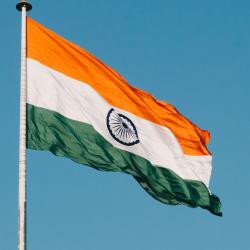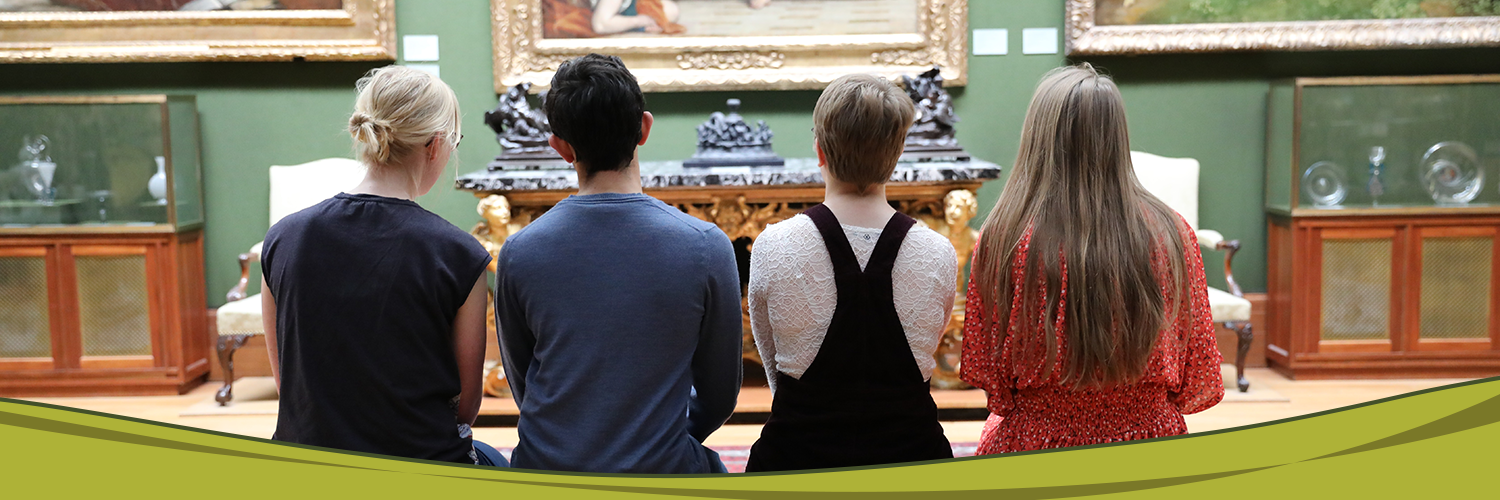This project focuses on India's evolving political landscape within the global context, with particular attention to its democratic system and geopolitical dynamics. Key areas of inquiry include global political ideas, digital democracy, leadership styles, and the India-China rivalry.
A unique aspect of the project is the development of Takkshila: South Asia in the Classroom, a pedagogic initiative connecting scholars and students from partner universities in South Asia and the UK with Cambridge to explore global political ideas. The project aims to lay the groundwork for securing major research grants to institutionalize and build capacity in this critical field.
Project goals
The project's benefits extend across various themes of the School's Research Strategy, fostering interdisciplinary dialogue and collaboration among experts from history, politics, technology, strategic studies, media, and policy. Collaborations with academic centres within the school, such as the Bennett Institute for Public Policy and CRASSH, as well as with external partners, are already underway. Additionally, the project will engage with the public through media outlets, think tanks, and government agencies, with plans for a dedicated website to facilitate communication. Given its cross-faculty and interdisciplinary nature, support and coordination from the School of Humanities and Social Sciences will be crucial for the project's success.
Project benefits
The Project will be able to contribute and enhance multiple themes of the school’s research strategy including Area Studies, Transformations, Legacies of the Past and Transitions and Technology. It will do so in a connected and integrated manner that will both enhance disciplines such as history and politics while bringing key experts from tech, strategic studies and media, policy and politics in direct dialogue. The project will be a flagship project on the study of global transformation of democracy, tech and world order with India as its pivot.
I have already set up collaborations with key academics and centres in the school, primarily the Bennett Institute for Public Policy, CRASSH and the Centre for Geopolitics and have collaborated with them in phase One. In addition, I am forging new links with School of technology including the Judge Business School for further collaboration. In addition, I will also be able to connect the networks forged by the Global humanities Initiative (SAH) especially in relation to historical transitions and comparative dimensions of India and China therein.
Whilst the project is research-led, it will be a public facing collaboration with engagement and interventions in newspapers, media outlets. It will also build on the applicant’s network with think tanks and policy research hopes and government both in UK and India. The project will also have a dedicated website. As this is a cross-faculty and department and even cross School project the support and communication interface of SHSS would be indispensable.




